Large companies often express their desire to improve the recruitment process to avoid some of the human rights pitfalls associated with unethical recruitment, like worker fees, bribes, and fraud. But they also know that when it comes to recruitment, ethics are not free, and the current system can pay.
Illegal and Indispensable: Impressions from India on Migrant Recruiters
Migrant Workers as National Heroes
Business Should Step in on Behalf of Migrant Workers in the Gulf
Swiss Ruling Could Be Game-Changer for Workers in Qatar – and Beyond
Last week, the office of Switzerland’s National Contact Point (NCP) quietly issued what may turn out to be a very important ruling. It essentially rejected FIFA’s arguments that as a not-for-profit it is exempted from OECD guidelines, and that the organization cannot directly influence standards in Qatar.
(Still) Missing the Real FIFA Scandal
While news outlets erupted over news that Swiss authorities are pursuing a criminal probe of outgoing FIFA President Joseph Blatter, FIFA also quietly announced the start date of the 2022 Qatar World Cup. It reminds us of the ongoing difficulties faced by the thousands of migrant construction workers in Qatar who are laying the infrastructure for this massive undertaking.
Congress Can Fight Human Trafficking and Forced Labor
The Business Supply Chain Transparency on Trafficking and Slavery Act of 2015 is the latest in a string of recent domestic legislative acts and ruling aimed at holding corporations accountable for their entire supply chains, not just their own employees or direct operations. Read more about this key piece of legislation for the global fight against human trafficking, forced labor, and the worst forms of child labor.















